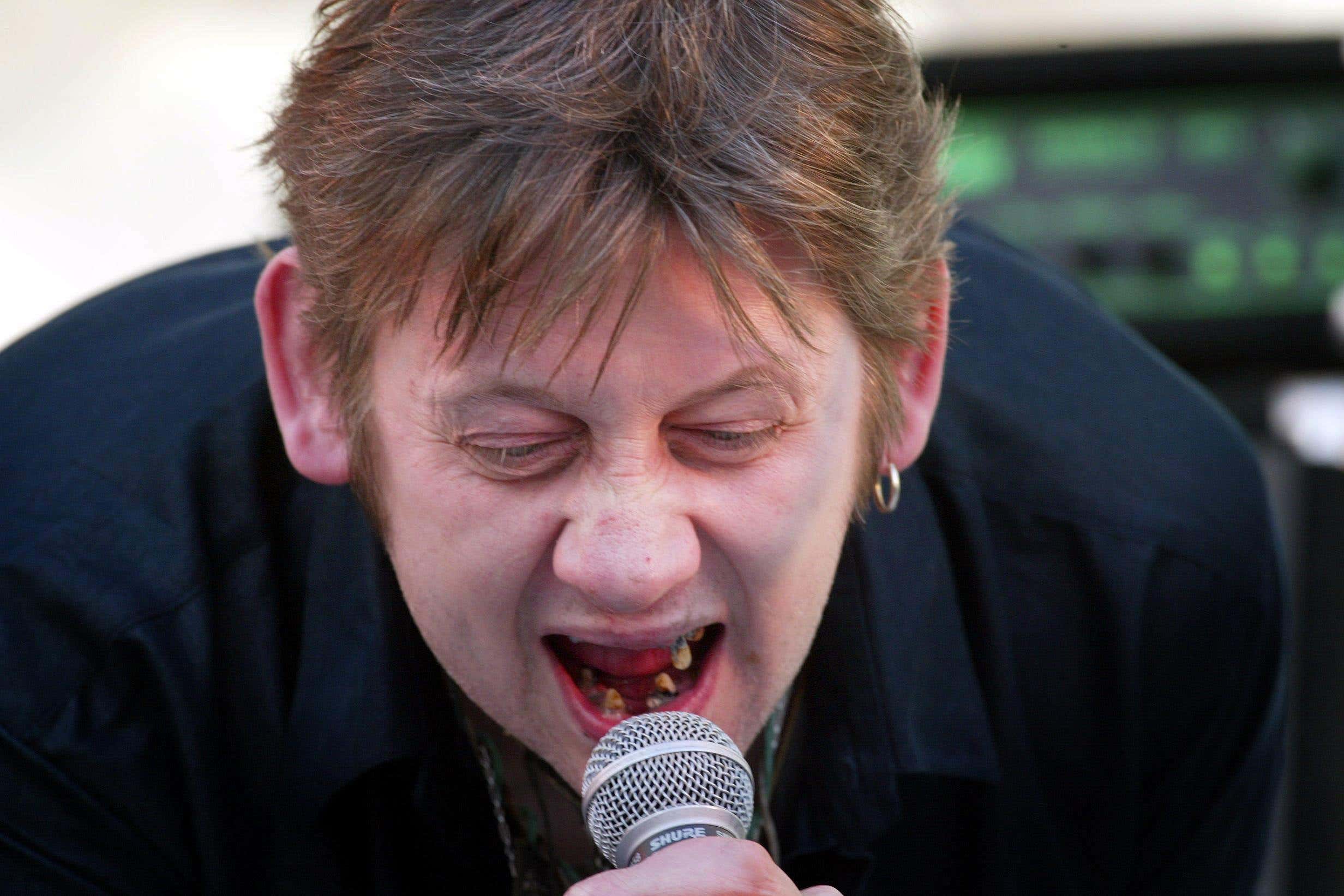In Pictures: Turbulent troubadour Shane MacGowan reinvented Irish music
As frontman for the Pogues, a new wave band using Irish traditional instruments, MacGowan embodied classic songs including a festive favourite.

Shane MacGowan’s career was notable for health issues that were often self-inflicted but they never obscured the musical and lyrical talent that saw him help reinvent Irish music for a new generation.
Although born in the Home Counties to Irish immigrants and educated at establishments including Westminster School, his songbook was one steeped in the experiences of the Irish diaspora’s struggles to forge a life at home or abroad despite colonial-era prejudice and extreme poverty.
With the emergence of bands like U2 and The Boomtown Rats it helped put Irish music very firmly on the world map but with a fresher look.
He was born in 1957, appropriately enough on Christmas Day, with Fairytale Of New York, the song he co-wrote with Pogues bandmate Jem Finer and performed with the late Kirsty MacColl, becoming one of the all-time festive favourites.
The lyrics, telling of a disillusioned couple hurling insults at each other, caused controversy but perhaps struck a chord with people whose experience of Christmas Day is not always a happy one.
The Pogues were a new-wave Irish band but still used all the elements of trad music, including banjos, fiddles, an accordion and tin whistles with MacGowan’s voice and the band’s on-stage outfits all giving a Hibernian feel with lyrics drawing from Catholicism, pub culture and the struggles of the Irish at home or setting out to try and make a new life abroad in the UK or the new world.
Songs like If I Should Fall From Grace With God and The Sick Bed Of Cuchulainn (an Irish mythological warrior) also hinted at the issues that blighted MacGowan’s health whereas other tracks spoke of Irish working class life at dog racing tracks or at the pub.
The band also performed old favourite The Irish Rover with The Dubliners with MacGowan sharing vocals with the late Ronnie Drew in a tale of Irish builders sailing to New York to help build City Hall only for fate to intervene.
He also sang Dirty Old Town, a song written about Salford by MacColl’s father Ewan MacColl in 1949.
MacGowan’s very evident health issues would mean anyone buying a ticket for a Pogues gig would be betting on him having a good day.
The band carried on without him at times and MacGowan performed for a while with another outfit, the Popes.
His most-widely known song was kept off the number one spot by The Pet Shop Boys’ cover of Always On My Mind back in 1987 but it is now hard to imagine a Christmas without it, whether with more toned-down lyrics or the no-holds-barred original version.